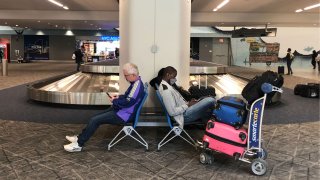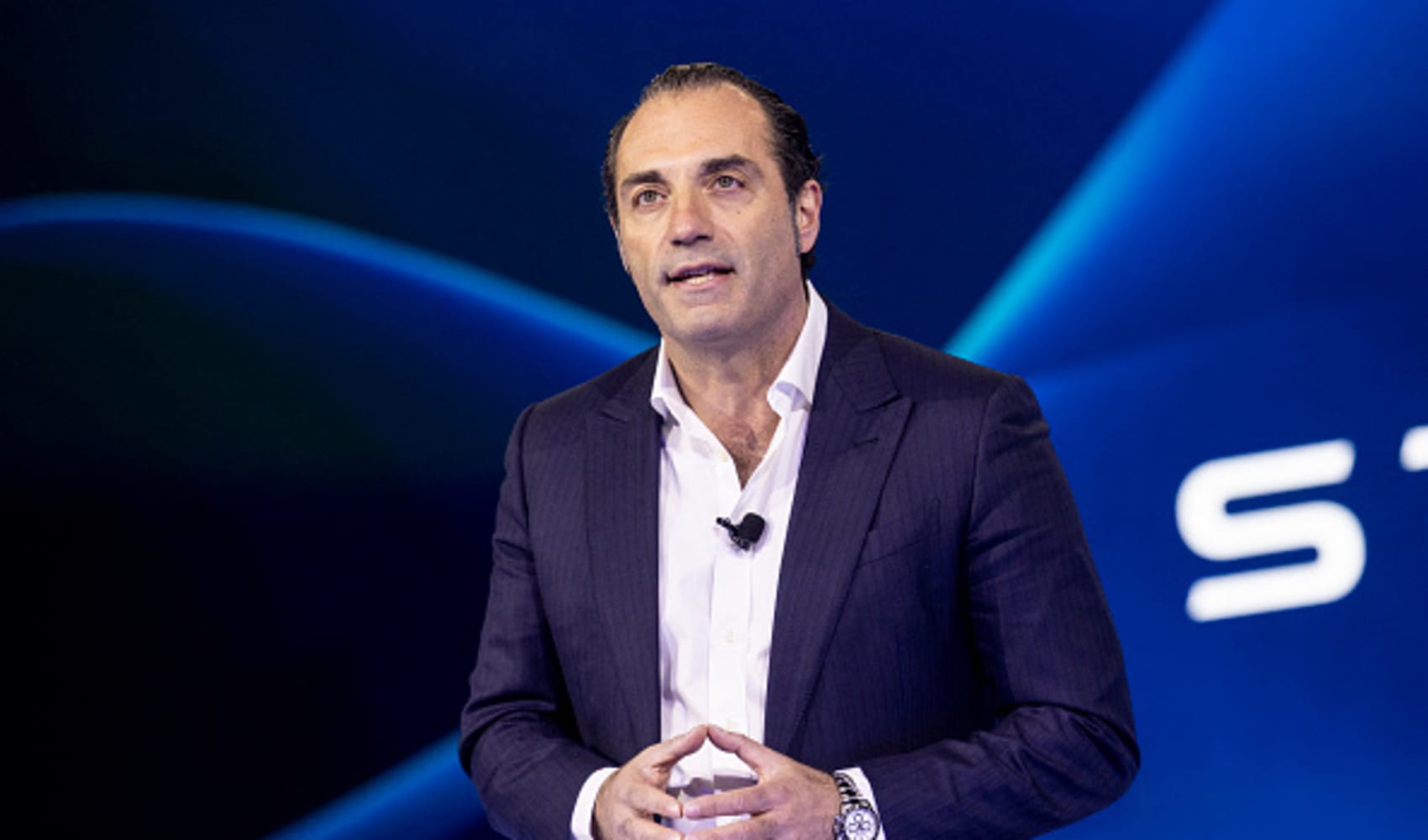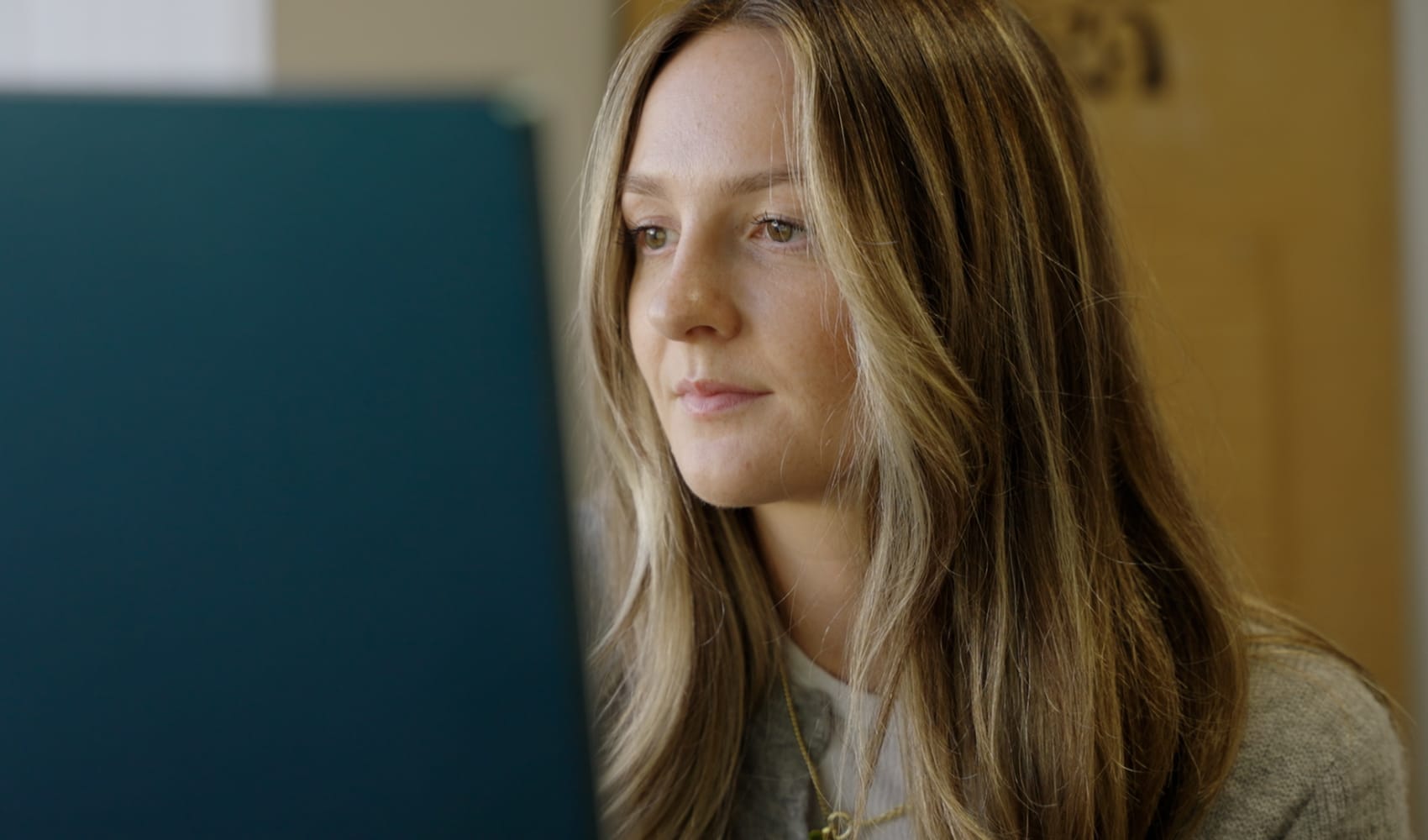
- A federal judge knocked down the Biden administration's public transportation mask mandate on Monday.
- Flight attendants have faced the brunt of opposition to the mandate and are showing relief that they won't be tasked with enforcement.
- But not everyone agrees that the change is a positive one.
The Biden administration's transportation mask mandate was one of the most divisive policies of the Covid pandemic. Its sudden end this week has been just as contentious.
A federal judge in Florida on Monday struck down the mandate, which for more than a year required that travelers in the U.S. wear masks on planes, trains and other shared modes of public transportation, as well as at airports and rail and bus stations, in an effort to help slow the spread of Covid-19.
The rule was due to expire after May 3, though the Biden administration said it plans to appeal this week's court ruling if the U.S. Centers for Disease Control and Prevention deems masks still necessary on public transportation.
Get Tri-state area news delivered to your inbox. Sign up for NBC New York's News Headlines newsletter.
Still, the abrupt reversal stemming from Monday's decision threw travelers, airlines and crews into a gray area.
The Transportation Security Administration said it would no longer enforce the rule and airlines quickly said face masks would be optional, effective immediately. Some pilots announced the decision midflight, to applause.
Some airports and public transportation systems such as those in New York and Philadelphia will still require masks even though they wouldn't be required to do so by airlines or the federal government.
Money Report
Divisive issue
In the two days since the ruling, views are varied on whether the change is a good or a bad thing.
An AP-NORC poll, conducted from April 14 to April 18 and published Wednesday, showed 56% of people strongly or somewhat strongly support face mask requirements for transportation, while 24% oppose it and 20% neither favor nor oppose it.
"I was disheartened to hear," Scott Reeves, 71, a musician and retired music professor, said at LaGuardia Airport in New York on Tuesday. Reeves said he will "absolutely" continue to wear a mask when he flies, saying it's "not a big deal. Being sick is a big deal."
Armanda Marin, 36, arrived at LaGuardia from Dallas on Tuesday, her first maskless flight of the pandemic.
"I really don't care, as long as everyone has a vaccination," she said.
Lucas Dietrich, a 39-year-old insurance salesman, said he was relieved to leave the masks behind.
"I can't stand them," he said, adding that he feels safe given the benefits of aircraft-filtration systems. "It feels like we're coming to the end of this thing."
Flight attendants ditch mask police role
One group is feeling a particular relief. Flight attendants have faced the brunt of public opposition to the mandate and now won't be tasked with enforcement.
"We are done enforcing it," said an American Airlines flight attendant, who declined to give his name because he isn't permitted to speak with the media.
The Federal Aviation Administration last year received a record number of reports of unruly travelers on planes. More than 70% of the incidents were tied to disputes over masks. Flight attendants have reported verbal abuse and passenger disputes while they worked, some even rising to physical violence, throughout the pandemic.
The FAA last year instituted a zero tolerance policy that promised stricter consequences like hefty fines for unruly passenger behavior, in place of softer responses like warnings or counseling. On Wednesday, it said the policy will continue despite the end to the mask mandate.
"We fully recognize that enforcement of the mandate has placed an incredible burden on flight attendants," the Association of Professional Flight Attendants, the union representing American Airlines flight attendants, told its members on Monday.
Lyn Montgomery, president of TWU Local 556, which represents Southwest Airlines flight attendants, wrote to the Biden administration prior to this week's ruling advocating for an end to the mandate.
"It's not that we're antimask," she told CNBC on Tuesday. But the decision to end the mandate is a "step toward normalcy" for flight attendants whose jobs during the pandemic have been "exhausting and stressful."
Sara Nelson, international president of the Association of Flight Attendants-CWA, the country's largest flight attendant union, said while there are cabin crews in favor of ending the policy, others aren't on board.
Crew members with young children who aren't vaccinated, for example, or who are immunocompromised, aren't necessarily cheering the change.
"The only reason this has been an issue is because it was so politicized," Nelson said on CNBC's "Squawk Box" Tuesday. "We did not take a position on extending the mask mandate."
Passengers and crews can still wear masks if they prefer.
"If there's anything we've learned from this it has to be about common courtesy and recognizing that you might not have the same situation someone else has," Nelson said.
Banned passengers to return
Airlines, for their part, have repeatedly pushed the Biden administration to end the mask mandate, as well as the predeparture Covid test requirement for arriving international passengers, which is still in place.
Airlines required passengers to wear masks starting in spring 2020, just as the pandemic took hold and quickly began banning passengers who refused to comply. That, too, is in the process of changing.
Alaska Airlines said it has banned more than 1,700 travelers for failing to follow masking policies, but many of those passengers will now be welcomed back.
"Now that the mask policy has been overturned, guests who were banned solely for mask noncompliance will be allowed to purchase tickets on our flights," the airline said in a statement. "However, some guests whose behavior was particularly egregious will remain banned."
United Airlines issued a similar update: "On a case-by-case basis, we will allow some customers who were previously banned for failing to comply with mask-related rules to fly United again — after ensuring their commitment to follow all crew member instructions on board," the company said.
Delta Air Lines said it plans to allow customers it banned for failing to follow masking rules now that they are optional "only after each case is reviewed and each customer demonstrates an understanding of their expected behavior when flying with us.
"Any further disregard for the policies that keep us all safe will result in placement on Delta's permanent no-fly list," Delta said. "Customers who demonstrated egregious behavior and are already on the permanent no-fly list remain barred from flying with Delta."
American Airlines declined to comment but will likely address that topic when it reports quarterly results Thursday morning.






